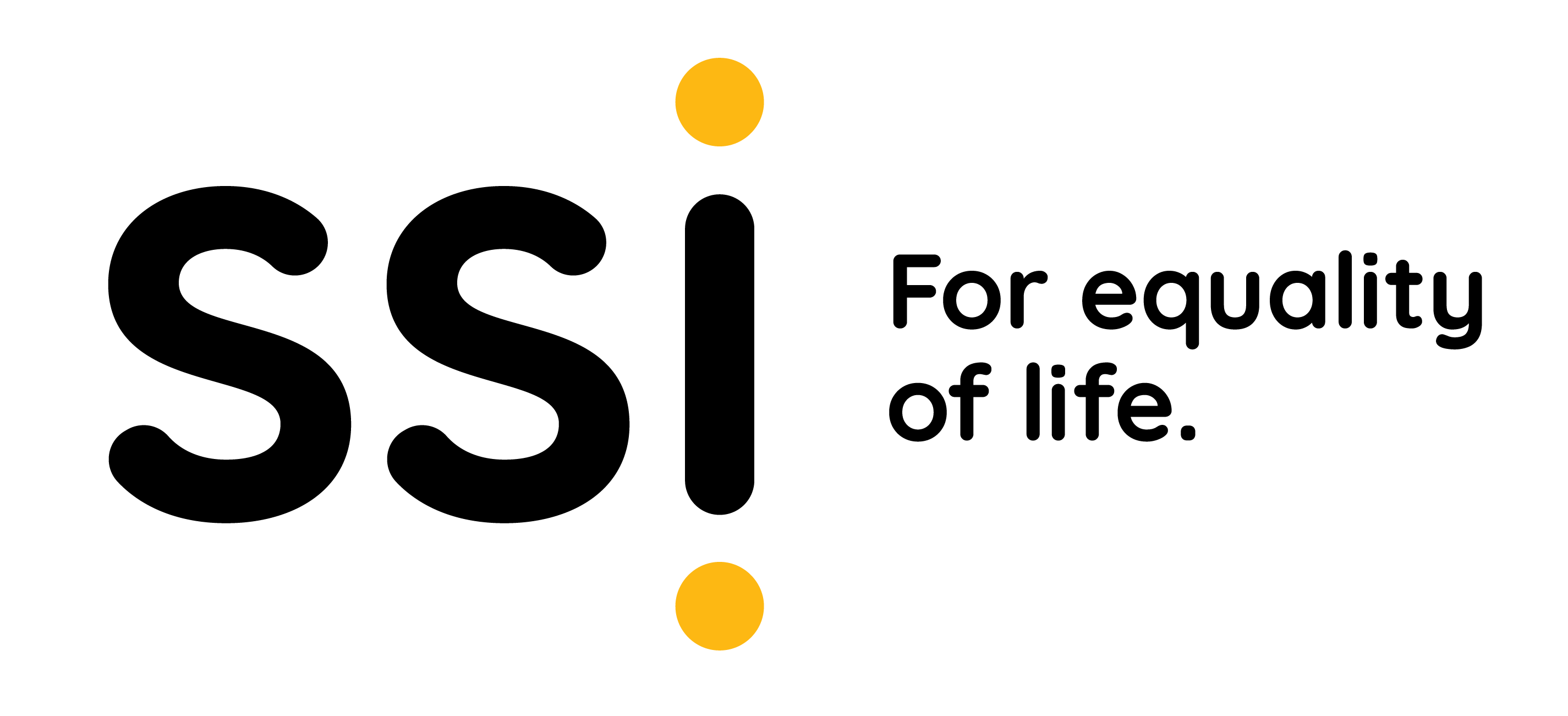Becoming a Foster Carer
What is Foster Care?
Foster care offers children a home while their own family is currently unable to provide them with a safe or caring home environment. Children in foster care are aged from 0 to 18 years (up to 21 years in Victoria).
Being a foster carer is an opportunity to help a child or young person who has experienced difficult circumstances. This may be through supporting them while they wait to be returned to their parent’s care, or by providing a caring, safe and stable home for them to grow up in for the long term.
By providing guidance, patience, support, stability and encouragement, foster carers make a real difference to the lives of children and young people in their care.
SSI operates our foster care services in NSW and Victoria. In NSW, there are about 20,000 children not able to live with their birth parents. In Victoria, this number is over 11,000. Of these, about 15% are from a culturally and linguistically diverse (CALD) background.
Types of Foster Care
There are four main types of foster care:
- Respite foster care is regular periodic care. Children are looked after for short periods of time to provide birth parents or foster carers with a break, for example over school holidays or weekends.
- Emergency or crisis foster care is required when there is immediate concern for a child’s safety. The duration can be from one night to a few weeks, or until another foster care arrangement is available.
- Short-term foster care is required when there is a possibility that the situation that caused a child to be removed from their birth family may be resolved and they will be able to return (called restoration) or until another carer is found who is committed to providing long term care for the child.
- Long-term foster care refers to caring for a child who is not expected to return to their birth family, and who will therefore need long-term care and be part of your family.
Why become a Foster Carer with SSI?
SSI is a community organisation and social business that supports newcomers and other Australians to achieve their full potential. We work with all people who have experienced vulnerability, including refugees, people seeking asylum and culturally and linguistically diverse (CALD) communities, to build capacity and enable them to overcome inequality. One area in which SSI is working to meet the unique needs of CALD communities is its Multicultural Foster Care program.
SSI Multicultural Foster Care is a specialist out-of-home care service for children from CALD backgrounds aged 0-18 years (up to 21 years in Victoria). The service operates in parts of metropolitan Sydney and the Hunter – Central Coast area in NSW, and in the northern, southern and western suburbs of Melbourne in Victoria.
Our foster care program emphasises maintaining the bonds/links/relationship to one’s ethnic background, religion and language when forging foster care placements for children from diverse backgrounds.
*This program is funded by the NSW and the Victorian governments.
Support for foster children
Our service provides:
- General foster care and case management to meet the full needs of the child
- Foster carers from the child’s cultural background where possible
- Bilingual and bicultural case managers
- Cultural care planning to promote connections with their culture, religion, language and community
- Access to counseling and support services for children from refugee backgrounds
- Support for foster carers
While SSI has a strong focus on recruiting foster carers from culturally and linguistically diverse backgrounds, we are always supportive of people from all cultural backgrounds who have a genuine interest in providing safe and caring homes for children.
Support for foster carers
Foster carers with SSI have access to a range of support services including:
- Carer assessment processes conducted in either English or community languages
- Initial and ongoing training conducted in English or community languages
- A professional caseworker to support you and the child
- Bilingual caseworkers who understand the child’s culture
- Monthly visits and regular phone contact with your caseworker
- Access to 24-hour on-call phone support for crisis situations
- General and culturally specific support groups for example, Vietnamese carers group, Arabic carers group
- Respite foster care
- Financial support to meet the cost of caring for the child through a foster care allowance (for NSW carers, please refer to the DCJ website, and for Victorian carers, please refer to the DFFH website)
- Referrals to a range of support services for you and the child
